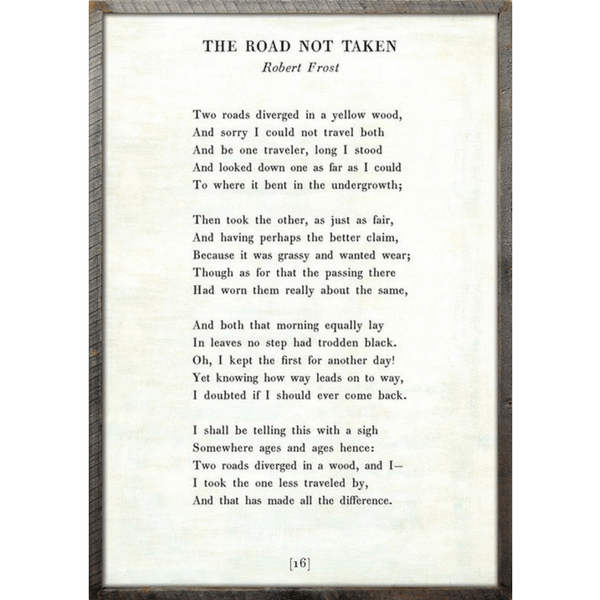The future is unwritten

A really good book could be written about Barack Obama in the year 2000. Everything that happens seems in retrospect destined to be so, but who was Obama at that moment, without the benefit of foresight?
The answer is: someone who, at the threshold of turning 40, and nearly a decade out of law school, had toyed with at least four different professional identities, without apparently committing to any of them. The positive take on this journey was that he had shown an impressive independence of mind, refusing to follow the smooth and safe career path available to the president (i.e the editor in chief) of the Harvard Law Review, and thus the most decorated, roughly speaking, member of his law school class. That path would normally include a federal appellate clerkship, followed by a Supreme Court clerkship, then by any of various prestigious entry-level law jobs: top firm associate (SCOTUS clerks get six figure signing bonuses just for showing up at such places), DOJ lawyer, prestige cause lawyering (ACLU etc.), or elite legal academia, if not immediately then soon after. Or any number of other high-paying, highly-regarded jobs, in a profession obsessed with both money and status.
Obama didn’t do any of that. He didn’t clerk, which by itself was a very unusual thing for a graduate in his position to forgo. More surprising still, he spent the rest of the decade positively avoiding the many high status jobs he could have had for the asking, while apparently flirting with the possibility of a career as a civil rights lawyer, or a legal academic, or a writer/public intellectual, or a national politician. His first serious foray onto the latter path ended in crushing defeat in November of 2000, when he was beaten by a more than two to one margin by incumbent Bobby Rush, for Rush’s congressional seat.
At that point, the University of Chicago Law School made a remarkable offer to him and his wife Michelle: he could have a position as a tenured professor on its faculty, while Michelle would be the director of one of the school’s clinics. What was particularly remarkable about this that, while Obama had been a senior lecturer at the school for several years — this was essentially a glorified adjunct position, which paid him $60,000 per year to teach three courses — he had published no legal scholarship at all, which would normally preclude even someone with his golden law school resume from getting an interview for a tenure track job, let alone a grant of a tenured position.
This must have been an extremely tempting offer. It was, in effect, a kind of professional mulligan, for someone who at this point could uncharitably but not unfairly be labeled as something of a dilettante — a lawyer who hadn’t really pursued legal practice; a writer and public intellectual who had written little, and thus remained largely unknown to the public; a legal academic who had published no scholarship; and a politician who seemed stuck in the political backwater of the Illinois legislature.
In fact, Chicago’s dean at the time put the matter bluntly: getting wiped out by Bobby Rush means you have no future in national electoral politics. The unstated message was just as clear: taking a tenured professorship at an elite law school means you can write want you want, and advocate for whatever causes you want to pursue, while you and your wife live an extremely comfortable, very high status professional life in your adopted home town. This is what presidents of the Harvard Law Review are supposed to do after all. I mean you don’t even really have a job right now — at least not what people in the social circles into which you’ve ascended consider a job.
How many people in Obama’s position would have turned that offer down? It would be interesting to chronicle that particular crossroads in his life in more detail.


